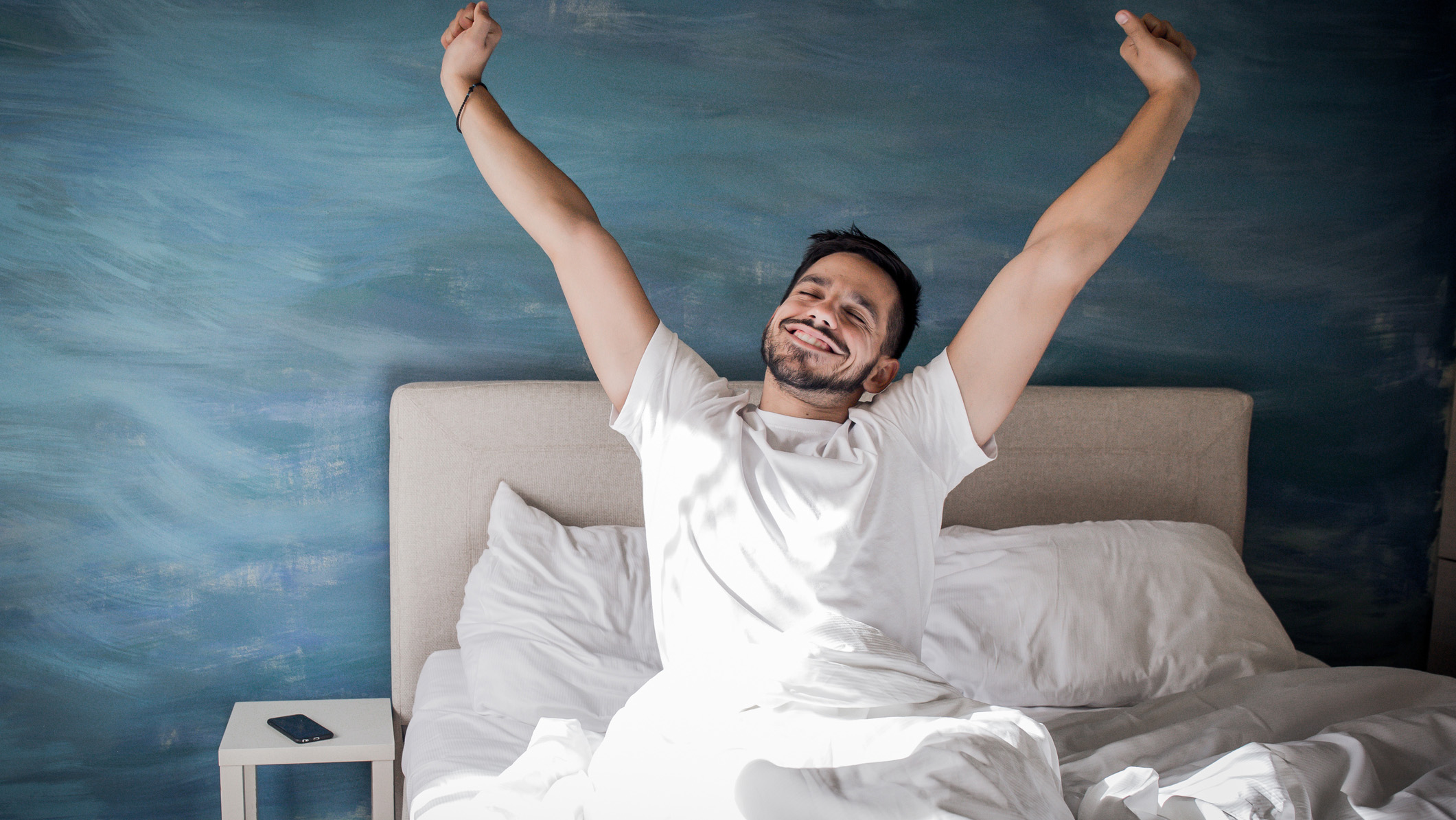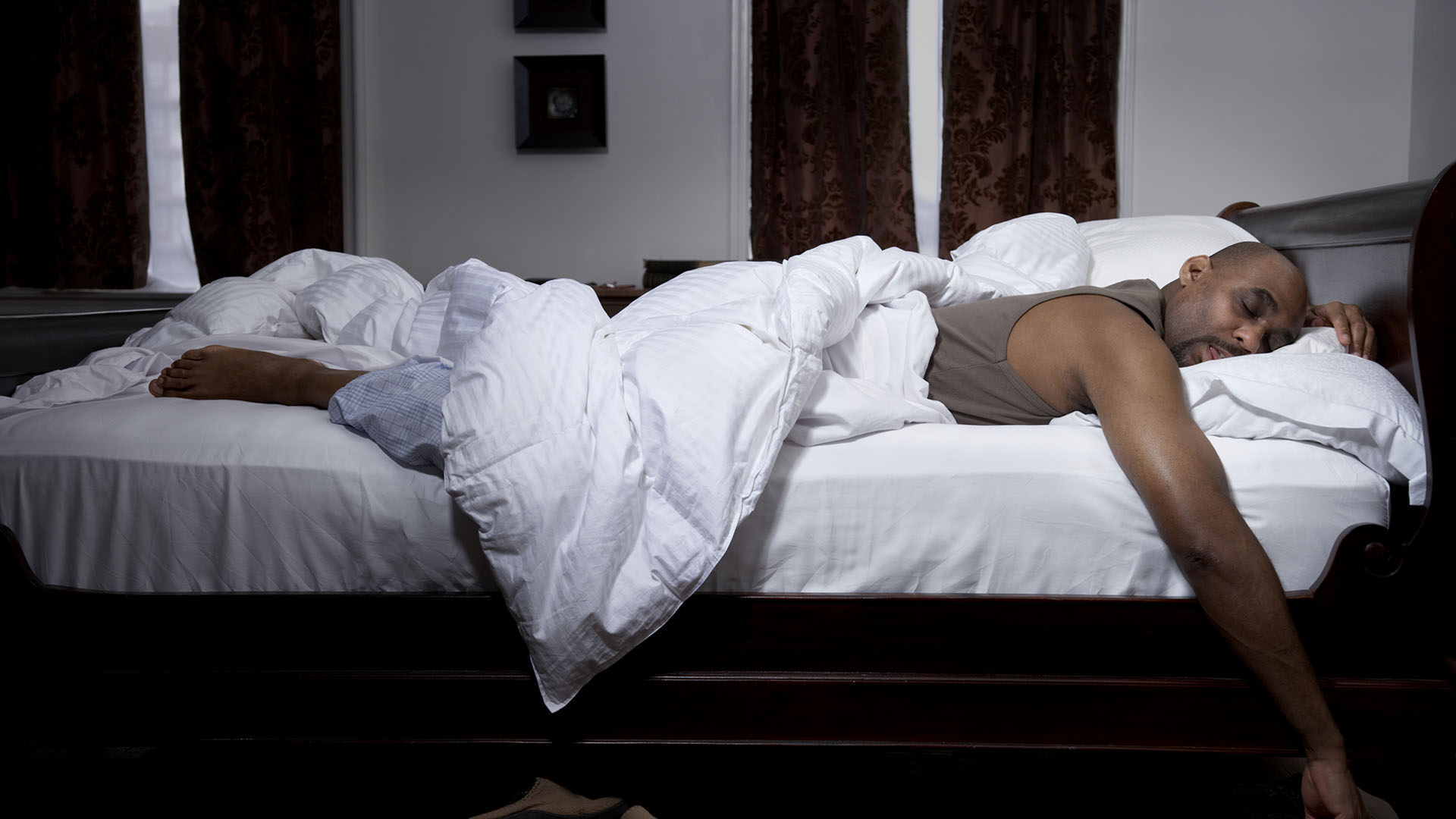If you're going to nap, do it every day, say sleep experts
More naps are just what the sleep expert ordered

Sign up for breaking news, reviews, opinion, top tech deals, and more.
You are now subscribed
Your newsletter sign-up was successful
Naps often seem like the enemy of a good night's rest, but when done properly, naps can help you sleep. Excellent news for anyone who likes to spend some quality time with their best mattress. Even better – it might actually be best to take a nap every day.
That's according to Anush Pervez, sleep expert at SleepSeeker. “Napping often gets a negative reputation, with people believing it prevents you from sleeping well overnight. However, napping can be beneficial to your daily routine when properly moderated."
I'm never going to complain about being told to nap more, but I was curious about why napping is best when it's a habit. I asked Anush, and she explained to me that, like your evening sleep routine, it's best to keep things regular when it comes to naps.
Why nap regularly?
“Consistency is key with napping," explains Anush. "If you know napping is something you need in your lifestyle, try and add this to your daily routine. Napping at the same time and for a set interval will help regulate your body clock."

It's no surprise that our body clock prefers rhythmic repetition for good sleep. It's why we encourage you to develop a bedtime routine. But I hadn't considered how this might apply to naps. An unexpected nap at 12 noon can confuse our inner timer – why is bedtime suddenly in the middle of the day, and why is it happening again at night? But when a quick nap at 1pm becomes an everyday experience, your body learns to predict it, and can prepare accordingly.
While daily napping might not sound like the most productive choice, Anush doesn't recommend dozing the day away. “Try to keep your naps short, aiming between 20 to 30 minutes. This will prevent you from feeling overly fatigued when waking up from the slumber and will reduce any interference with your nighttime sleep routine."

Before taking your daily nap, there's a few things you need to do. First, pick the right time. Early afternoon is a good choice as it's often when we need a refresh, but for a smart approach, Garmin's Forerunner watches can tell you when to nap. Second, set an alarm, to ensure you don't oversleep (a bad idea in the middle of the day). Finally, remember you're in good company – even Super Bowl winning athletes swear by a nap.
And napping shouldn't take priority over a full night's sleep. If you start to find you can't fall asleep at night, then consider cutting out your daytime nap, and see if that helps. You might find you've been oversleeping.
Sign up for breaking news, reviews, opinion, top tech deals, and more.

Ruth is TechRadar’s Sleep Writer. She’s here to help you find the perfect sleep setup for your budget and personal preferences. As well as keeping a keen eye on everything that’s going on in the world of mattresses, she regularly speaks to experts to help you learn how to improve your sleep habits, whether that’s by debunking sleep myths or explaining the science behind it all. Prior to joining the TechRadar team, she wrote features and product guides for new parents hoping to get a decent night's sleep, as well as writing for a variety of online spaces.